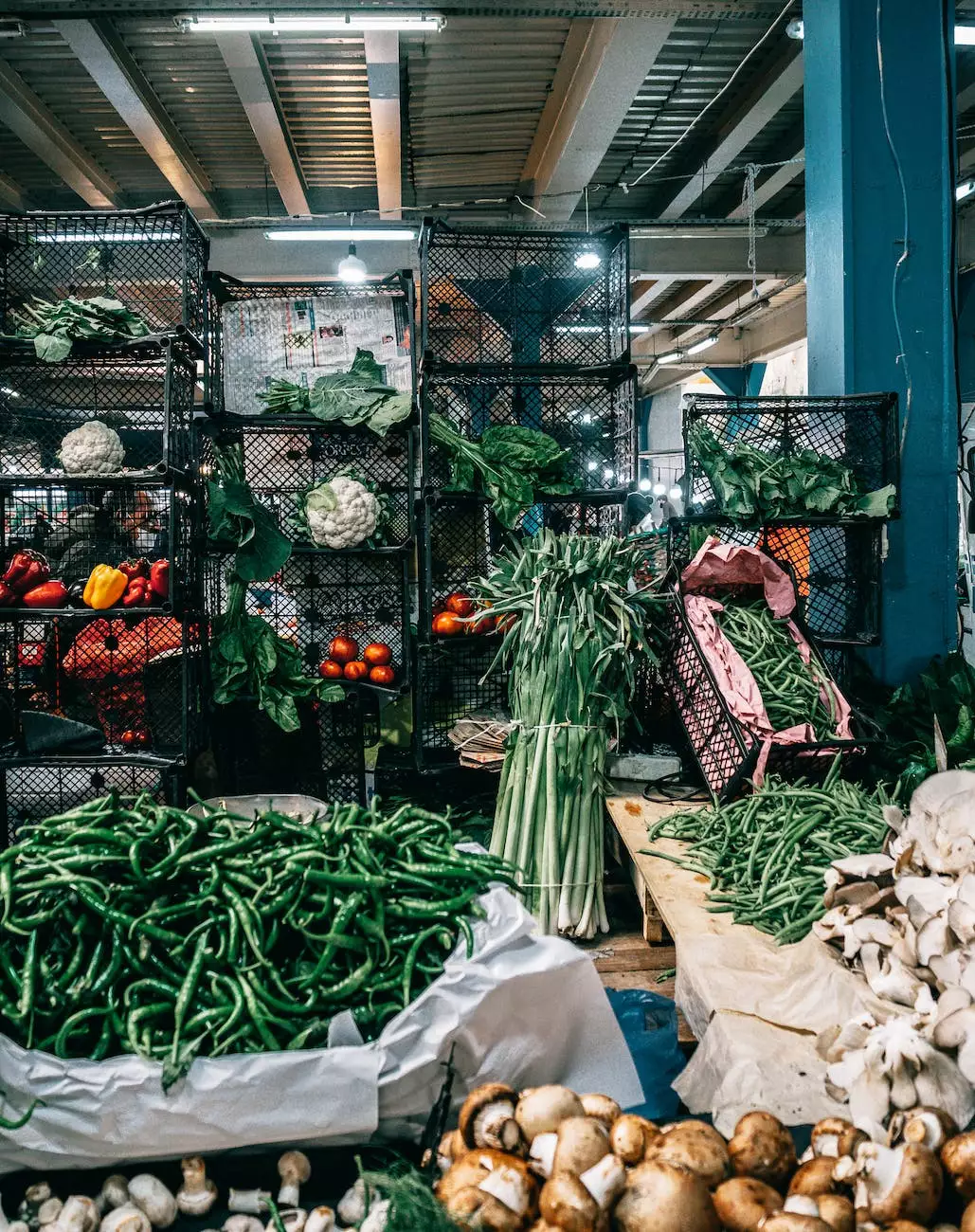EATING NAFTA: TRADE, FOOD POLICIES, AND THE DESTRUCTION OF MEXICO

Introduction
Welcome to the world of trade, food policies, and the profound impacts of the North American Free Trade Agreement (NAFTA). In this detailed exploration, we delve into the book 'EATING NAFTA' written by Alyshia Glvez and published by the University of California Press. Aimed at shedding light on the repercussions of this economic agreement, this page provides comprehensive insights into the effects it has had on Mexico's food system.
Understanding NAFTA and its Consequences
Since its inception in 1994, NAFTA has played a significant role in shaping the economic landscape of North America. However, the impact on Mexico's food policies and their subsequent effects on local farmers and the food system have been profound.
The Destructive Effect on Mexican Agriculture
One of the key aspects explored in Alyshia Glvez's book is the destruction of Mexico's agricultural sector due to the influx of cheap food imports from the United States. The removal of trade barriers led to an overwhelming surge in American agricultural products flooding the Mexican market, posing a severe threat to local farmers.
Loss of Biodiversity and Traditional Food
With the rise of imported food, there has been a decline in the consumption of traditional Mexican crops, leading to a loss of biodiversity. The rich culinary heritage and unique flavors associated with Mexican food face the risk of homogenization, as mass-produced American goods dominate the market.
Implications for Health and Biosecurity
The consequences of NAFTA extend beyond the economy and directly impact the health and biosecurity of Mexico's population. In her research, Glvez highlights the potential risks posed by substandard American food products, which may lack the same safety standards as locally-produced items.
Controversies Surrounding Genetic Modification
An area of concern is the introduction of genetically modified organisms (GMOs) in the Mexican food chain. While they are prevalent in American agriculture, Mexican farmers have historically opposed GMOs. NAFTA has inadvertently weakened regulations, leading to a clash between traditional practices and the infiltration of genetically modified crops.
Health Impacts of Processed Foods
The rise of processed foods in the Mexican market has contributed to a surge in chronic health conditions such as obesity and diabetes. Increased consumption of high-sugar and high-fat products, often derived from American multinational corporations, has transformed the dietary habits of the Mexican population, leading to a concerning rise in non-communicable diseases.
Addressing the Issues and Looking Towards the Future
While the consequences of NAFTA on Mexico's food policies are undoubtedly grave, it is crucial to examine potential solutions and envision a more sustainable future.
Promoting Local and Sustainable Agriculture
An essential aspect of mitigating the negative impact of NAFTA is the promotion of local and sustainable agriculture. By supporting small-scale farmers and encouraging sustainable farming practices, Mexico can regain control over its food system and protect its cultural heritage.
Policy Recommendations and Revisions
The revision of existing trade policies and the implementation of regulations to protect local farmers and promote fair trade are vital steps towards rectifying the damage caused by NAFTA. It is crucial to reevaluate the bilateral trade relationship between Mexico and the United States, focusing on a more balanced approach that safeguards the interests of both parties.
Investing in Consumer Education
Empowering consumers through education about the importance of locally-sourced and organic produce is another crucial aspect. By making informed choices, individuals can contribute to the revival of traditional Mexican crops and prioritize their health and the environment.
Conclusion
EATING NAFTA: TRADE, FOOD POLICIES, AND THE DESTRUCTION OF MEXICO offers a comprehensive examination of the consequences of the North American Free Trade Agreement on Mexico's food system. Alyshia Glvez's book highlights the urgent need for action to address the destructive effects of this economic agreement. Dan Sevigny Marketing, Public Relations & SEO acknowledges the importance of informing the public about this critical issue and stands ready to provide further insights and solutions to create a more sustainable future for Mexico's agriculture and food policies.




